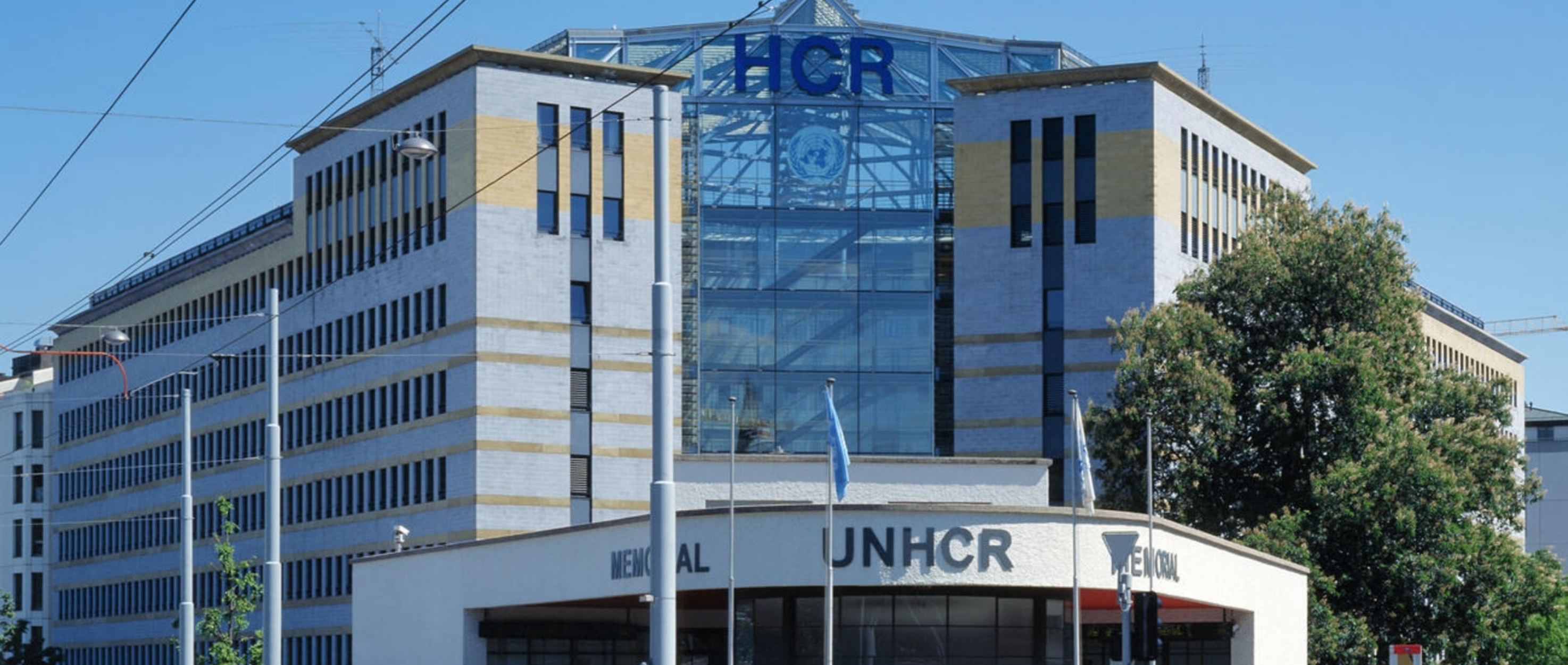UN High Commissioner for Refugees

Agenda - Addressing the Integration of Refugees and IDPs in Host Communities
The Office of the High Commissioner for Refugees (UNHCR) is the global organization included in the system of the United Nations (UN) that aims to save lives, protect rights, and build a better and more sustainable future for refugees, people who were forced to flee their home due to conflict or persecution. UNHCR, the UN refugee agency, was established in 1950 by the United Nations General Assembly (UNGA) to help millions of Europeans who fled from their homes as a consequence of World War II. As the refugee crisis became exaggerated throughout the 20th century, UNGA passed a resolution making the body permanent in 2003. Addressing the integration of refugees and internally displaced persons (IDPs) in host communities is critical for ensuring Sustainable Development Goal (SDG) 10 – Reduced Inequalities. The staggering numbers of forcibly displaced individuals, which included 32.5 million refugees by mid-2022, with 13.7 million children under 18 years old, highlight the urgency of this issue. The integration process must encompass comprehensive support systems that provide access to healthcare, education, and employment opportunities, thereby fostering self-reliance and social cohesion. The challenge is further compounded by the projected impacts of climate change, which is expected to put 1.2 billion people at risk of displacement over the next 25 years, with a significant proportion being children. Host communities must be equipped with adequate resources and policies to accommodate and integrate these populations effectively, ensuring that the fundamental rights and needs of refugees and IDPs are met, while also promoting cultural diversity and mutual respect.
